
Deutsch-Chinesische Enzyklopädie, 德汉百科
 Important International Organizations
Important International Organizations


 Disaster relief
Disaster relief

 Medical, Pharmaceutical, Rehabilitation
Medical, Pharmaceutical, Rehabilitation

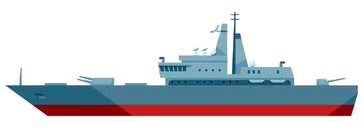
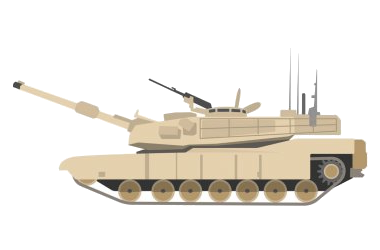
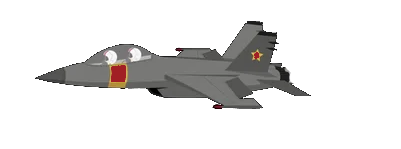
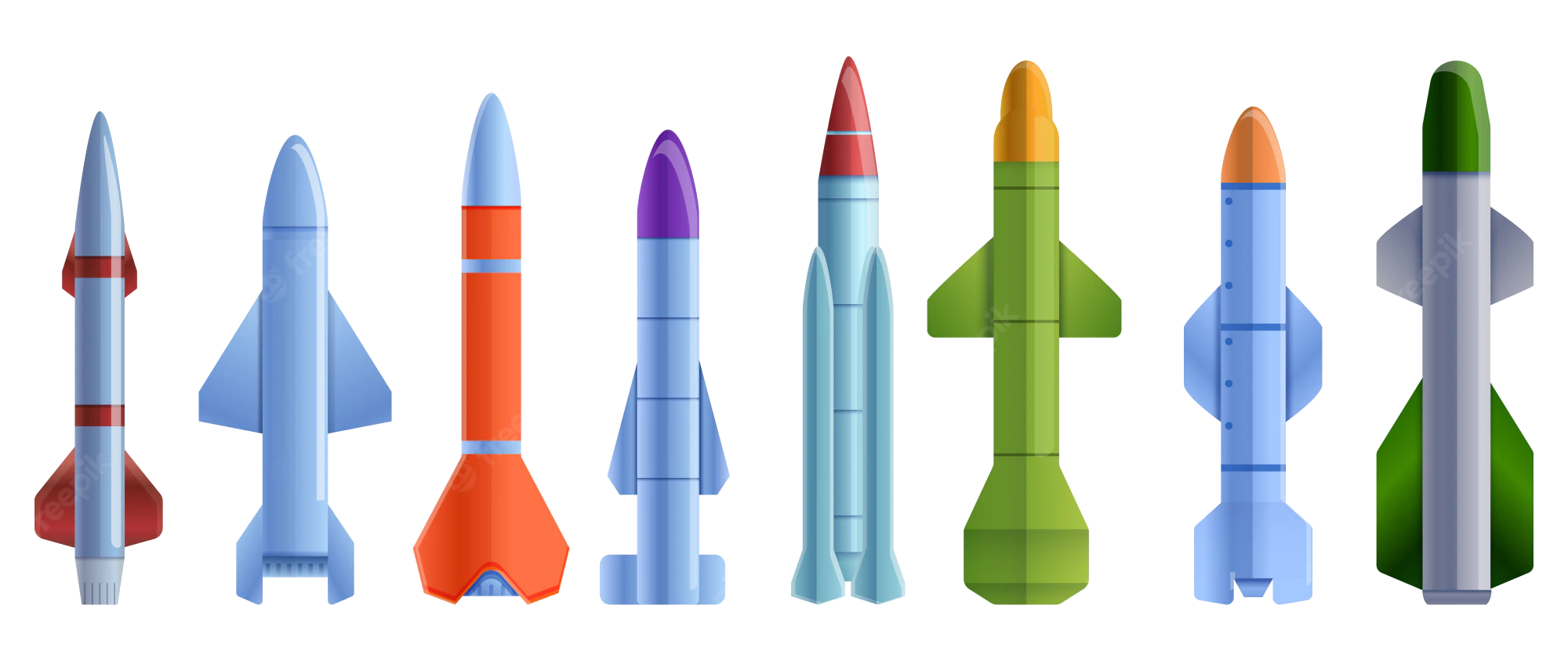 Military, defense and equipment
Military, defense and equipment
 Nobel prize
Nobel prize
 Nobel prize
Nobel prize
 1963
1963
 Nobel prize
Nobel prize
 Nobel Peace Prize
Nobel Peace Prize

 Review
Review
 Switzerland
Switzerland

 Important International Organizations
Important International Organizations
红十字会与红新月会国际联合会(英语:International Federation of Red Cross and Red Crescent Societies, IFRC;阿拉伯语:الإتحاد الدولي لجمعيات الصليب الأحمرِ والهلال الأحمرِ;初创时名为红十字会联盟,旧译作“国际红十字协会”,英语:League of Red Cross Societies)是一个国际人道主义组织,与红十字国际委员会(ICRC)、各国家协会(红十字会或红新月会)共同组成了国际红十字与红新月运动[1]。该组织成立于1919年,总部设在瑞士日内瓦。它负责协调各国家协会的活动,以“通过动员人道力量改善弱势群体的生活”[2]。在国际层面上,该联合会与国家协会密切合作,领导和组织大规模紧急救援。该组织于1963年获得诺贝尔和平奖。
一般而言,依照七项基本原则(见下文)中的“普遍”原则,几乎所有国家都有国家协会(红十字会或红新月会),而在“统一”原则下,一个国家只有一个国家协会[来源请求]。由亨利·杜南创立的“红十字国际委员会”依照《日内瓦公约》及相关议定书的规定,提供战俘人道协助、监察战俘待遇。“红十字会与红新月会国际联合会”则负责协调国家协会,跨国救援和平时期的受害者。
红十字会与红新月会国际联合会及红十字国际委员会现在都是联合国的观察员。
Die Internationale Föderation der Rotkreuz- und Rothalbmondgesellschaften (IFRC) ist eine weltweite Organisation für humanitäre Hilfe, die über ihre 191 nationalen Mitgliedsgesellschaften jährlich 160 Millionen Menschen erreicht. Sie wird vor, während und nach Katastrophen und gesundheitlichen Notlagen tätig, um die Bedürfnisse der bedürftigen Menschen zu erfüllen und ihre Lebensbedingungen zu verbessern. Sie tut dies unabhängig und unparteiisch in Bezug auf Nationalität, Ethnie, Geschlecht, religiöse Überzeugungen, Klasse und politische Ansichten.
Die IFRC ist zusammen mit dem Internationalen Komitee vom Roten Kreuz (IKRK) und 191 nationalen Gesellschaften Teil der internationalen Rotkreuz- und Rothalbmondbewegung. Die Stärke der IFRC liegt in ihrem Netzwerk von Freiwilligen, ihrem Fachwissen auf Gemeindeebene sowie ihrer Unabhängigkeit und Neutralität. Sie setzt sich für die Verbesserung der humanitären Standards ein, als Partner in der Entwicklung und bei der Reaktion auf Katastrophen. Sie überzeugt die Entscheidungsträger, im Interesse der bedürftigen Menschen zu handeln. Sie arbeitet daran, gesunde und sichere Gemeinschaften zu ermöglichen, Schwachstellen zu verringern, die Widerstandsfähigkeit zu stärken und eine Kultur des Friedens in der ganzen Welt zu fördern.
 International Labour Organization,ILO
International Labour Organization,ILO
 Guy Ryder
Guy Ryder
 International Labour Organization,ILO
International Labour Organization,ILO
 Gilbert Houngbo
Gilbert Houngbo
 International Labour Organization,ILO
International Labour Organization,ILO
 Gilbert Houngbo
Gilbert Houngbo

 Medical, Pharmaceutical, Rehabilitation
Medical, Pharmaceutical, Rehabilitation
 Nobel prize
Nobel prize
 Nobel prize
Nobel prize
 Nobel Peace Prize
Nobel Peace Prize
 Nobel prize
Nobel prize
 1969
1969
 Switzerland
Switzerland
 Genf
Genf

 Important International Organizations
Important International Organizations
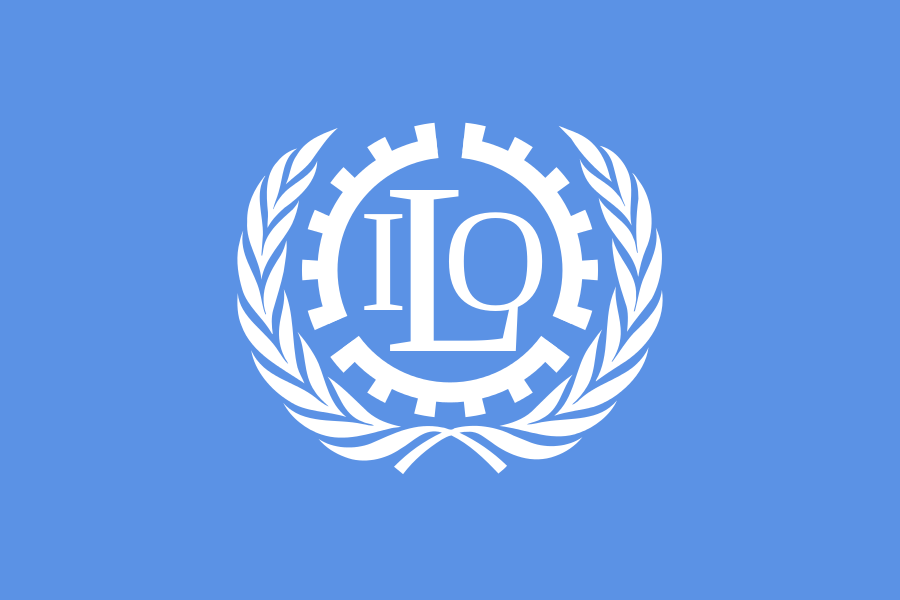
国际劳工组织(英语:International Labour Organization - ILO;法语:Organisation internationale du Travail;西班牙语:Organización Internacional del Trabajo)是联合国的一个专门机构,也是联合国唯一的三方机构(政府、雇主和工人)。该组织成立于1919年,其设立是《凡尔赛和约》的组成部分。该组织制订劳工标准、政策和计划,促进所有女性和男性享有体面劳动,追求社会正义以建立世界持久和平。[1]该组织因保障社会正义、努力增进国家间情谊获得了1969年诺贝尔和平奖。[2]截至2021年3月,该组织共有187个成员国。
1919年1月至4月期间,巴黎和会先后于巴黎和凡尔赛宫召开了会议,其设立的劳工委员会起草了《国际劳工组织章程》,国际劳工组织作为国际联盟的附属机构成立。《章程》借鉴了国际劳工立法协会(1901年于巴塞尔成立)运作中产生的理念,其序言概括了包括安全、人道、政治和经济等驱动该组织诞生的因素。
Die Internationale Arbeitsorganisation (IAO,[3] auch ILO; englisch: International Labour Organization, ILO; französisch: Organisation internationale du travail, OIT; spanisch: Organización Internacional del Trabajo, OIT) ist eine Sonderorganisation der Vereinten Nationen und damit beauftragt, soziale Gerechtigkeit sowie Menschen- und Arbeitsrechte zu fördern.[4] Dies schließt die Bekämpfung des Menschenhandels mit ein.[5]

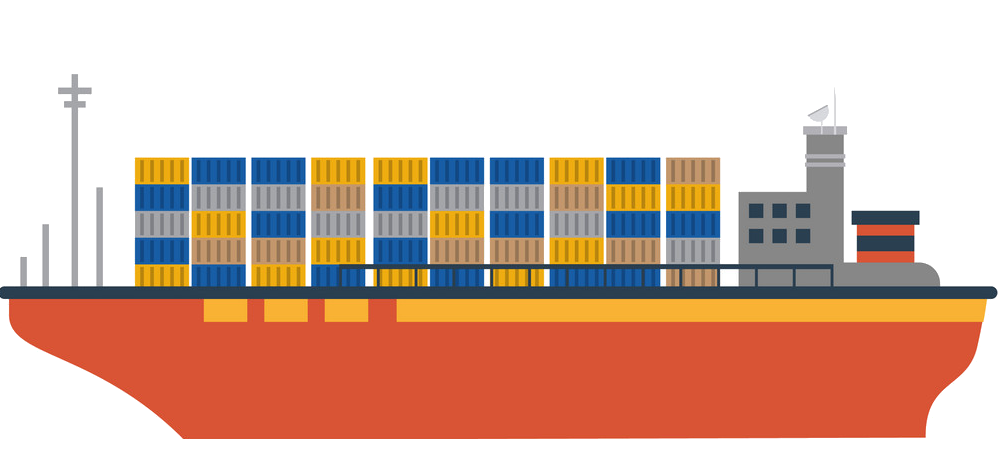 Ships and Nautics
Ships and Nautics
 §International Maritime Organization
§International Maritime Organization
 United Kingdom
United Kingdom

 Important International Organizations
Important International Organizations
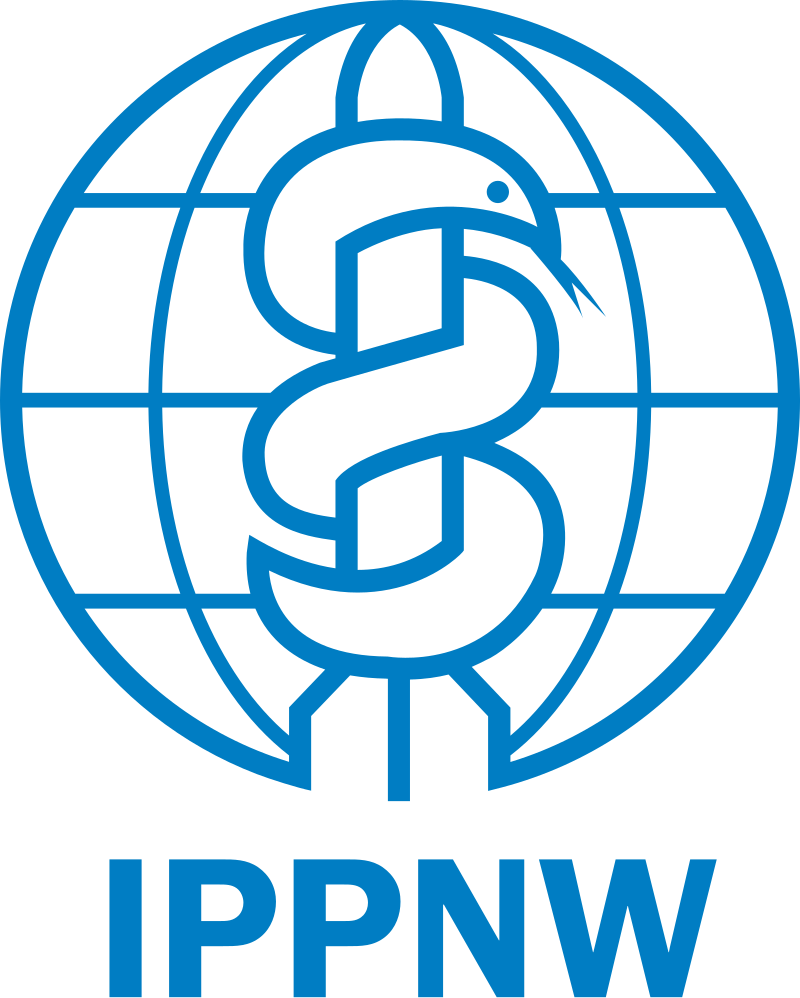
Die Organisation IPPNW (Abkürzung für International Physicians for the Prevention of Nuclear War; Name der deutschen Sektion IPPNW Deutschland – Internationale Ärzte für die Verhütung des Atomkrieges, Ärzte in sozialer Verantwortung e. V.) ist ein internationaler Zusammenschluss von Human-, Tier- und Zahnärzten, die sich unter anderem vor allem für die Abrüstung atomarer Waffen einsetzt.
国际防止核战争医生组织(英语:International Physicians for the Prevention of Nuclear War,缩写IPPNW),又译为国际医生防止核战联盟,是一个由60多个国家医疗机构组成的国际组织。IPPNW致力于研究防止核战争的发生,并且鼓励销毁所有核武器。1980年代中期,IPPNW约有145,000位成员,直到1990年代前期约有200,000位成员,组织的总部位在美国马萨诸塞州波士顿剑桥。
IPPNW成立于1980年12月,创建人为哈佛公共健康学院心脏病学家Bernard Lown医生和苏联心脏病学院的叶夫根尼·恰佐夫医生。他们对核战争的医疗和环境的危险发布了《对人类的医疗警告》(Medical Warning to Humanity)。两人发行了书籍,并在专业期刊及大众媒体发表文章。IPPNW于1984年获得联合国教科文组织和平教育奖,于1985年获颁诺贝尔和平奖[1][2]。

Die Internationale Kampagne zur Abschaffung von Atomwaffen (ICAN – International Campaign to Abolish Nuclear Weapons) ist ein internationales Bündnis von Nichtregierungsorganisationen, die sich für die Abschaffung aller Atomwaffen durch einen bindenden völkerrechtlichen Vertrag – eine Atomwaffenkonvention – einsetzt.
国际废除核武器运动(英语:International Campaign to Abolish Nuclear Weapons, ICAN;/ˈaɪkæn/ EYE-kan)为一个全球公民社会联盟,致力于遵守与全力执行《禁止核武器条约》,并在制订过程中给予协助。该组织成立于2007年,目前在103个国家拥有541个伙伴组织。
2017年,国际废除核武器运动因“提请各方注意使用任何核武器后造成的灾难性人道主义后果,以及为实现禁止这些武器的条约造出的突破性努力”,获颁诺贝尔和平奖[1]。

 Disaster relief
Disaster relief

 Medical, Pharmaceutical, Rehabilitation
Medical, Pharmaceutical, Rehabilitation




 Military, defense and equipment
Military, defense and equipment
 Nobel prize
Nobel prize
 Nobel prize
Nobel prize
 1963
1963
 Nobel prize
Nobel prize
 Nobel Peace Prize
Nobel Peace Prize
 Nobel prize
Nobel prize
 1944
1944
 Useful info
Useful info

 Review
Review

 Important International Organizations
Important International Organizations

红十字国际委员会(法语:Comité International de la Croix Rouge, CICR;英语:International Committee of the Red Cross, ICRC)是一个总部设于瑞士日内瓦的人道主义机构。根据《日内瓦公约》以及习惯国际法的规定,国际社会赋予红十字国际委员会特权和法律豁免权,保护国内武装冲突和国际性武装冲突的受难者。这些受难者包括战伤者、战俘、难民、平民和其他非战斗员。
红十字国际委员会的委员只能是瑞士公民,而且新委员由委员会推选。长期以来,红十字国际委员会的雇员只能是瑞士公民,并特别强调以日内瓦市民、白人、男性、新教徒为主。但自1990年代初以来,红十字国际委员会开始聘用非瑞士籍员工。长期以来,瑞士官方认定红十字国际委员会为私人机构。1993年3月19日,瑞士政府和红十字国际委员会签署了一份正式协议,保护红十字国际委员会在瑞士的财产豁免权、委员及其员工的法律豁免权,免除各项税费,提供与外国使馆同等级别的安全通讯特权并简化红十字国际委员会在瑞士的出入境手续。
根据瑞士法律,红十字国际委员会被定义为私人协会。与普遍看法相反,红十字国际委员会不是一个最常见的非政府组织,也不是一个国际组织。由于它仅向瑞士国民限制其成员(称为合作的过程),因此对于像其他法律界定的非政府组织这样的个人而言,它没有公开和不受限制的成员资格政策。其名称中的“国际”一词并不是指其成员资格,而是指日内瓦公约所界定的其活动的全球范围。红十字国际委员会根据这些国家的法律或通过委员会与各自国家政府之间的协议,在许多国家享有特权和法律豁免权。
红十字国际委员会与红十字会与红新月会国际联合会(下文简称“联合会”)以及190个国家红十字/红新月/红水晶会共同组成国际红十字与红新月运动。根据1997年的塞维利亚协议,在武装冲突中红十字国际委员会是占主导地位的红十字组织;在非冲突情况下,联合会为运动的领导机关。
红十字国际委员会是运动中历史最为悠久且最负盛誉的组织,它也是世界上获得最广泛认可的组织之一,并在1917年、1944年和1963年三次荣获诺贝尔和平奖。而红十字会的创办人亨利·杜南则在1901年荣获首届诺贝尔和平奖。
Die Internationale Rotkreuz- und Rothalbmond-Bewegung umfasst das Internationale Komitee vom Roten Kreuz (IKRK) (englisch offiziell International Committee of the Red Cross (ICRC)), die Internationale Föderation der Rotkreuz- und Rothalbmond-Gesellschaften (englisch offiziell International Federation of Red Cross and Red Crescent Societies (IFRC)) sowie die nationalen Rotkreuz- und Rothalbmond-Gesellschaften.[1] Das IKRK und die Internationale Föderation sind voneinander organisatorisch und rechtlich unabhängig und innerhalb der Bewegung durch gemeinsame Grundsätze, Ziele und Symbole miteinander verbunden. Als Föderation der nationalen Rotkreuz- und Rothalbmond-Gesellschaften wird die Internationale Föderation der Rotkreuz- und Rothalbmond-Gesellschaften von den 191 Mitgliedsorganisationen gesteuert und ist nicht von ihnen unabhängig.[2] Die weltweit gleichermaßen geltende Mission der Bewegung – unabhängig von staatlichen Institutionen und auf der Basis freiwilliger Hilfe – sind der Schutz des Lebens, der Gesundheit und der Würde sowie die Verminderung des Leids von Menschen in Not ohne Ansehen von Nationalität und Abstammung oder religiösen, weltanschaulichen oder politischen Ansichten der Betroffenen und Hilfeleistenden.
Das auf Anregung von Henry Dunant 1863 gegründete Internationale Komitee vom Roten Kreuz (IKRK) besteht aus bis zu 25 Schweizer Staatsbürgern, ist die älteste internationale medizinische Hilfsorganisation[3] und die einzige Organisation, die im humanitären Völkerrecht erfasst und als dessen Kontrollorgan genannt ist. Es ist die älteste Organisation der Bewegung und neben dem Heiligen Stuhl sowie dem Souveränen Malteser-Ritterorden eines der wenigen originären nichtstaatlichen Völkerrechtssubjekte. Seine ausschließlich humanitäre Mission ist, basierend auf den Prinzipien der Unparteilichkeit, Neutralität und Unabhängigkeit, der Schutz des Lebens und der Würde der Opfer von Kriegen und innerstaatlichen Konflikten.
Die Internationale Föderation der Rotkreuz- und Rothalbmond-Gesellschaften, Nachfolgeorganisation der 1919 entstandenen Liga der Rotkreuz-Gesellschaften, koordiniert innerhalb der Bewegung die Kooperation zwischen den nationalen Rotkreuz- und Rothalbmond-Gesellschaften und leistet Unterstützung beim Aufbau neuer nationaler Gesellschaften. Auf internationaler Ebene leitet und organisiert sie, in Zusammenarbeit mit den nationalen Gesellschaften, Hilfsmissionen nach nicht kriegsbedingten Notsituationen wie zum Beispiel Naturkatastrophen und Epidemien.
Die nationalen Rotkreuz- und Rothalbmond-Gesellschaften sind Organisationen in fast allen Ländern der Welt, die jeweils in ihrem Heimatland im Sinne des humanitären Völkerrechts sowie der Statuten der Internationalen Bewegung tätig sind und die Arbeit des IKRK sowie der Föderation unterstützen. Ihre wichtigsten Aufgaben in ihren Heimatländern sind die Katastrophenhilfe und die Verbreitung der Genfer Konventionen. Im Rahmen ihrer Möglichkeiten können sie darüber hinaus weitere soziale und humanitäre Aufgaben wahrnehmen, die nicht unmittelbar durch völkerrechtliche Bestimmungen oder die Prinzipien der Bewegung vorgegeben sind. Hierzu zählen in vielen Ländern beispielsweise das Blutspendewesen und der Rettungsdienst sowie die Altenpflege und andere Bereiche der Sozialarbeit.
Von der Gründung im Jahr 1928 als Dachorganisation des IKRK und der Föderation bis zur Umbenennung 1986 lautete der offizielle Name der Bewegung Internationales Rotes Kreuz. Diese bis in die Gegenwart weit verbreitete Bezeichnung und die daraus resultierende Abkürzung IRK sollten jedoch nach Möglichkeit nicht mehr verwendet werden, da sie zu Problemen bei der Unterscheidung zwischen dem IKRK und der Föderation in der öffentlichen Wahrnehmung führen können.
 International Renewable Energy Agency,IRENA
International Renewable Energy Agency,IRENA
 Adnan Z. Amin
Adnan Z. Amin
 United Arab Emirates
United Arab Emirates

 Important International Organizations
Important International Organizations

 Economy and trade
Economy and trade
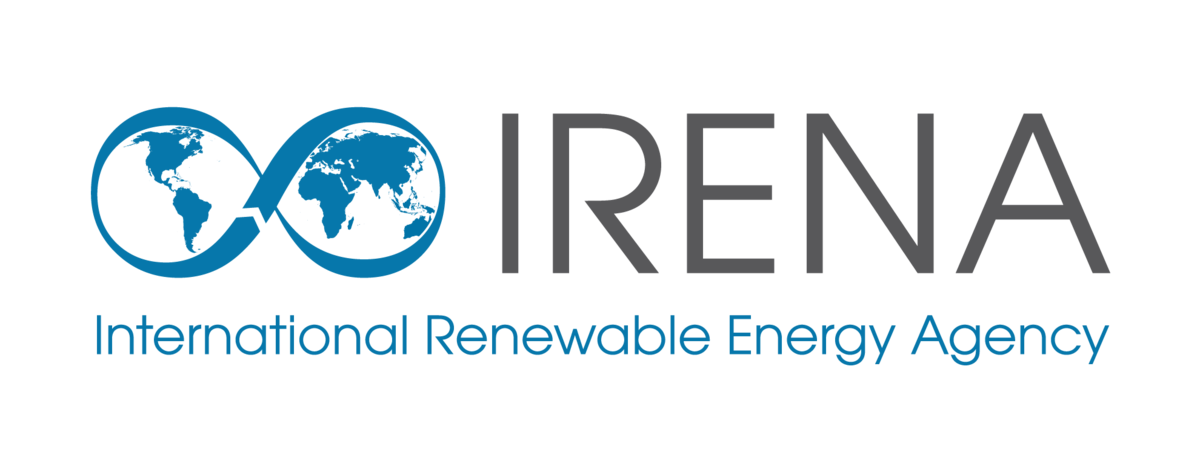

 Architecture
Architecture



 Automobile
Automobile

 Hand in Hand
Hand in Hand


 IT-Times
IT-Times



 Aerospace
Aerospace
 Useful info
Useful info

 Ships and Nautics
Ships and Nautics

 Transport and traffic
Transport and traffic

 Important International Organizations
Important International Organizations

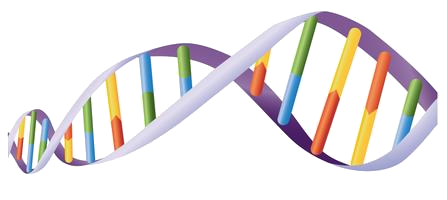 Science and technology
Science and technology


 China
China

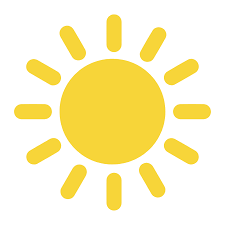 Energy resource
Energy resource

 Energy resource
Energy resource
 *Electrical power
*Electrical power

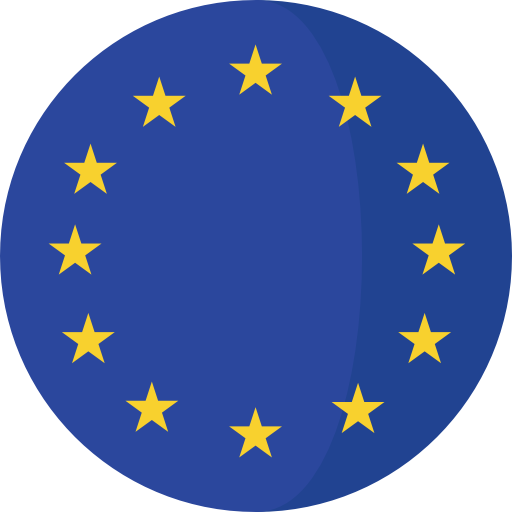 European Union
European Union
 France
France
 Japan
Japan

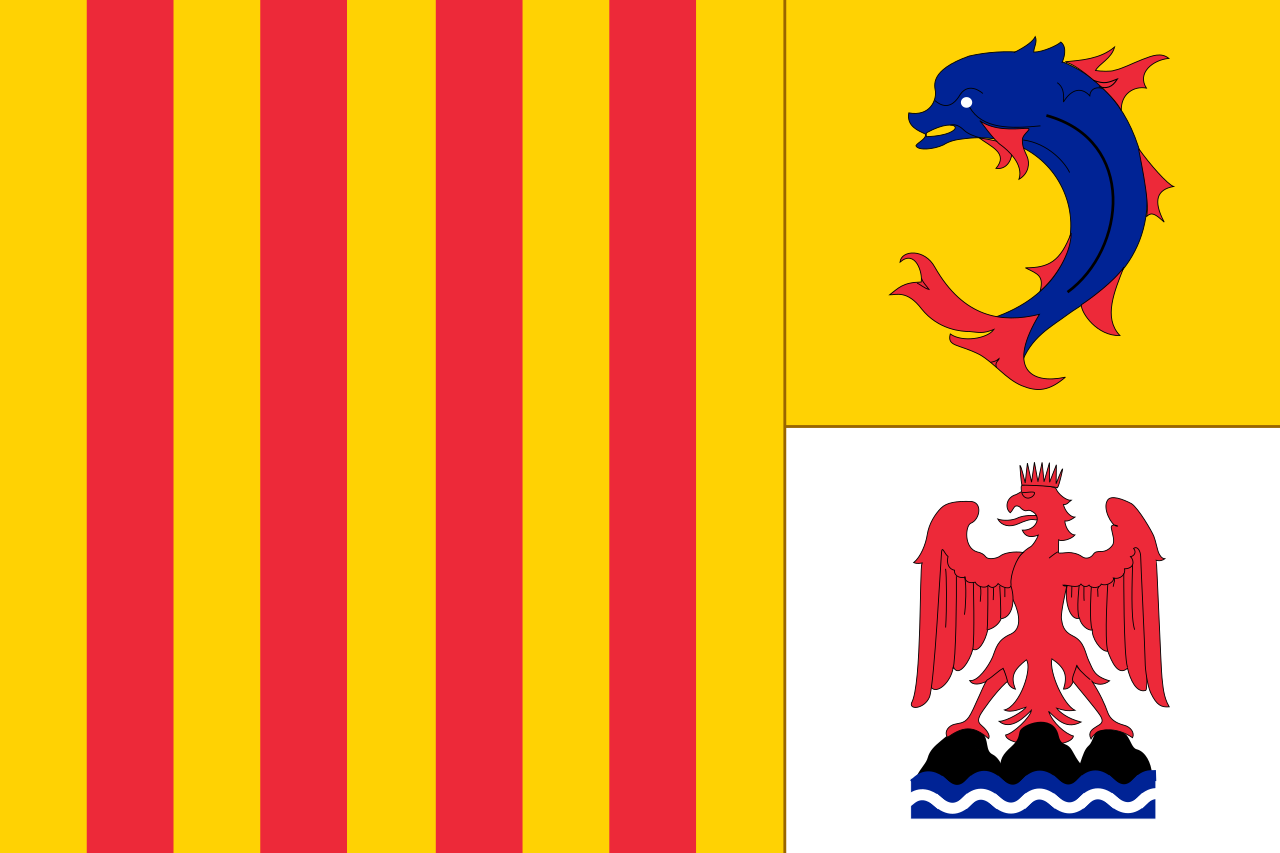 Provence-Alpes-Côte d´Azur
Provence-Alpes-Côte d´Azur
 Republic of Korea
Republic of Korea
 Russia
Russia
 United States
United States

 Important International Organizations
Important International Organizations

 Science and technology
Science and technology

 Science and technology
Science and technology
 Technology concepts
Technology concepts

 Argentina
Argentina
 Australia
Australia
 Belgium
Belgium
 Brazil
Brazil
 China
China
 Denmark
Denmark
 Germany
Germany

 Financial
Financial
 International Bank for Cooperation
International Bank for Cooperation
 France
France
 India
India
 Indonesia
Indonesia
 Internationaler Währungsfonds
Internationaler Währungsfonds
 Camille Gutt
Camille Gutt
 Internationaler Währungsfonds
Internationaler Währungsfonds
 Christine Lagarde
Christine Lagarde
 Internationaler Währungsfonds
Internationaler Währungsfonds
 Dominique Strauss-Kahn
Dominique Strauss-Kahn
 Internationaler Währungsfonds
Internationaler Währungsfonds
 Horst Köhler
Horst Köhler
 Internationaler Währungsfonds
Internationaler Währungsfonds
 Ivar Rooth
Ivar Rooth
 Internationaler Währungsfonds
Internationaler Währungsfonds
 Jacques de Larosière
Jacques de Larosière
 Internationaler Währungsfonds
Internationaler Währungsfonds
 Johan Witteveen
Johan Witteveen
 Internationaler Währungsfonds
Internationaler Währungsfonds
 Michel Camdessus
Michel Camdessus
 Internationaler Währungsfonds
Internationaler Währungsfonds
 Per Jacobsson
Per Jacobsson
 Internationaler Währungsfonds
Internationaler Währungsfonds
 Pierre-Paul Schweitzer
Pierre-Paul Schweitzer
 Internationaler Währungsfonds
Internationaler Währungsfonds
 Rodrigo Rato
Rodrigo Rato
 Internationaler Währungsfonds
Internationaler Währungsfonds
 Kristalina Georgiewa
Kristalina Georgiewa
 Italy
Italy
 Japan
Japan
 Canada
Canada
 Malaysia
Malaysia
 Mexico
Mexico
 Netherlands
Netherlands
 Nigeria
Nigeria
 Norwegen
Norwegen
 Austria
Austria
 Poland
Poland
 Republic of Korea
Republic of Korea
 Russia
Russia
 Saudi Arabia
Saudi Arabia
 Sweden
Sweden
 Switzerland
Switzerland
 Spain
Spain
 South Africa
South Africa
 Venezuela
Venezuela
 United States
United States
 United Kingdom
United Kingdom

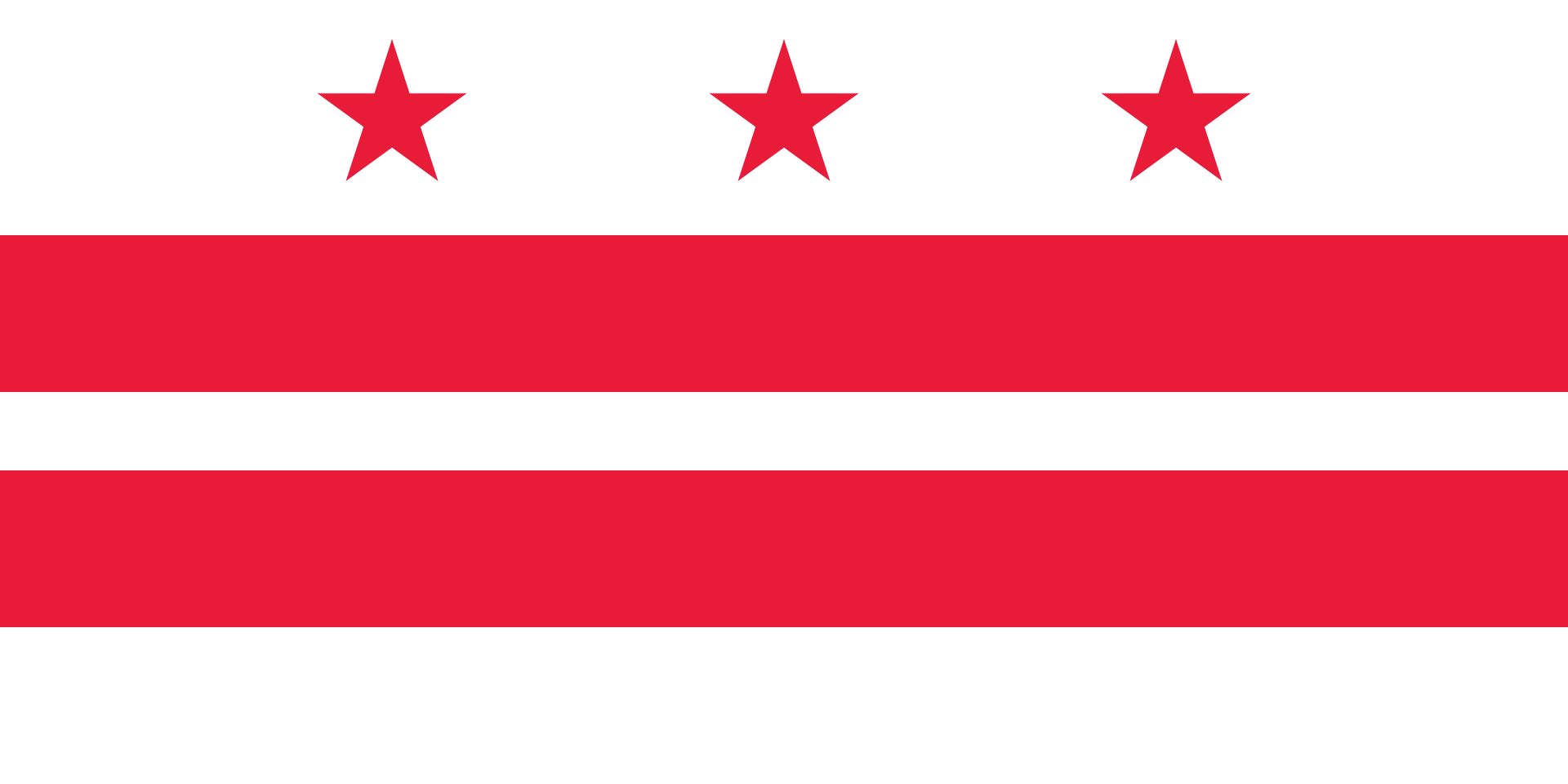 Washington, D.C.
Washington, D.C.

 Important International Organizations
Important International Organizations

 Economy and trade
Economy and trade
 Economic and political research
Economic and political research

国际货币基金组织(法语:Fonds Monétaire International,缩写:FMI;英语:International Monetary Fund,缩写:IMF)于1945年12月27日成立,与世界银行同为世界两大金融机构,由189个国家组成,致力于促进全球货币合作,确保金融稳定,促进国际贸易。职责是监察货币汇率和各国贸易情况、提供技术和资金协助[3][4][5],确保全球金融制度运作正常;其总部设置于美国华盛顿特区。
Der Internationale Währungsfonds (IWF; englisch International Monetary Fund, IMF; auch bekannt als Weltwährungsfonds) ist eine rechtlich, organisatorisch und finanziell selbständige Sonderorganisation der Vereinten Nationen mit Sitz in Washington, D.C., USA.
Hauptaufgabe des IWF ist die Vergabe von Krediten an Länder ohne ausreichende Währungsreserven, die in Zahlungsbilanzschwierigkeiten geraten sind. Weitere Tätigkeitsfelder sind die Förderung der internationalen Zusammenarbeit in der Währungspolitik, Ausweitung des Welthandels, Stabilisierung von Wechselkursen, Überwachung der Geldpolitik und technische Hilfe.
Der IWF und seine Schwesterorganisation Weltbank haben ihren Ursprung im 1944 geschaffenen Bretton-Woods-System fester Wechselkurse, das auf der damals mit Gold gedeckten Leitwährung US-Dollar beruhte. Sie waren als internationale Steuerungsinstrumente geplant, mit denen eine Wiederholung der Währungsturbulenzen der Zwischenkriegszeit und der Fehler des Goldstandards aus den 1920er Jahren verhindert werden sollte. Beide Organisationen werden daher als Bretton-Woods-Institution bezeichnet. Die Kreditvergabe des IWF ist an wirtschaftspolitische Auflagen geknüpft, die die Rückzahlung der Kredite sichern sollen. Anders als der IWF vergibt die Weltbank auch Kredite für spezielle Projekte.
Der IWF hat zurzeit (Stand April 2020) 189 Mitgliedstaaten, deren Stimmrecht sich an ihrem Kapitalanteil orientiert. Die Mitgliedstaaten mit den größten Stimmanteilen sind: USA 16,51 %, Japan 6,15 %, China 6,08 %, Deutschland 5,32 %, Frankreich 4,03 %, Vereinigtes Königreich 4,03 % und Italien 3,02 %. Von den deutschsprachigen Ländern haben außerdem Luxemburg 0,29 %, Österreich 0,81 % und die Schweiz 1,18 % Stimmenanteile.[4]
Beschlüsse müssen im IWF mit einer Mehrheit von 85 % getroffen werden. Dadurch verfügen jeweils die USA allein und die EU-Staaten gemeinsam de facto über eine Sperrminorität.[5]
国際通貨基金(こくさいつうかききん、英語: International Monetary Fund, IMF)は、国際金融、並びに、為替相場の安定化を目的として設立された国際連合(国連)の専門機関である。本部は、アメリカ合衆国の首都ワシントンD.C.にある。2018年現在、加盟国は189か国である[2]。
加盟国の経常収支が著しく悪化した場合などに融資などを実施することで、国際貿易の促進、加盟国の高水準の雇用と国民所得の増大、為替の安定、などに寄与する事を目的としている。 また、為替相場の安定のために、経常収支が悪化した国への融資や、為替相場と各国の為替政策の監視などを行っている。各国の中央銀行の取りまとめ役のような役割を負う。世界銀行と共に、国際金融秩序の根幹を成す。
The International Monetary Fund (IMF) is an international organization headquartered in Washington, D.C., consisting of 189 countries working to foster global monetary cooperation, secure financial stability, facilitate international trade, promote high employment and sustainable economic growth, and reduce poverty around the world while periodically depending on the World Bank for its resources.[1] Formed in 1944 at the Bretton Woods Conference primarily by the ideas of Harry Dexter White and John Maynard Keynes,[6] it came into formal existence in 1945 with 29 member countries and the goal of reconstructing the international payment system. It now plays a central role in the management of balance of payments difficulties and international financial crises.[7] Countries contribute funds to a pool through a quota system from which countries experiencing balance of payments problems can borrow money. As of 2016, the fund had XDR 477 billion (about US$ 667 billion).[8]
Through the fund and other activities such as the gathering of statistics and analysis, surveillance of its members' economies, and the demand for particular policies,[9] the IMF works to improve the economies of its member countries.[10] The organization's objectives stated in the Articles of Agreement are:[11] to promote international monetary co-operation, international trade, high employment, exchange-rate stability, sustainable economic growth, and making resources available to member countries in financial difficulty.[12] IMF funds come from two major sources: quotas and loans. Quotas, which are pooled funds of member nations, generate most IMF funds. The size of a member's quota depends on its economic and financial importance in the world. Nations with larger economic importance have larger quotas. The quotas are increased periodically as a means of boosting the IMF's resources in the form of special drawing rights.[13]
The current Managing Director (MD) and Chairwoman of the IMF is Bulgarian Economist Kristalina Georgieva, who has held the post since October 1, 2019.[14]
Gita Gopinath was appointed as Chief Economist of IMF from 1 October 2018. She received her PhD in economics from Princeton University. Prior to her IMF appointment she was economic adviser to the Chief Minister of Kerala, India.[15]
Le Fonds monétaire international (FMI) est une institution internationale regroupant 189 pays, dont le but est de promouvoir la coopération monétaire internationale, garantir la stabilité financière, faciliter les échanges internationaux, contribuer à un niveau élevé d’emploi, à la stabilité économique et faire reculer la pauvreté2.
Le FMI a ainsi pour fonction d'assurer la stabilité du système monétaire international (SMI) et la gestion des crises monétaires et financières. Pour cela, il fournit des crédits aux pays qui connaissent des difficultés financières mettant en péril l'organisation gouvernementale du pays, la stabilité de son système financier (banques, marchés financiers) ou les flux d'échanges de commerce international avec les autres pays.
Lors d'une crise financière, pour éviter qu’un pays ne fasse « défaut » (c’est-à-dire que ce pays ne puisse plus rembourser ses créanciers, voire ne plus payer ses dépenses courantes), le FMI lui prête de l’argent le temps que la confiance des agents économiques revienne. Le FMI conditionne l’obtention de prêts à la mise en place de certaines réformes économiques visant en principe à réguler la gestion des finances publiques (ingérence financière) et à établir une croissance économique équilibrée à long terme.
L'institution a été créée le 27 décembre 1945 et devait à l'origine garantir la stabilité du système monétaire international, dont l'écroulement après le krach de 1929 avait eu des effets catastrophiques sur l'économie mondiale. Après 1976 et la disparition d’un système de change fixe, le FMI perd l'essentiel de sa raison d'être et hérite d'un nouveau rôle face aux problèmes d'endettement des pays en développement et à certaines crises financières.
Il Fondo Monetario Internazionale (in sigla FMI; in inglese International Monetary Fund, IMF) è un'organizzazione internazionale pubblica[1] a carattere universale composta dai governi nazionali di 189 Paesi e insieme al gruppo della Banca Mondiale fa parte delle organizzazioni internazionali dette di Bretton Woods, dal nome della località in cui si tenne la famosa conferenza che ne sancì la creazione. L'FMI è stato formalmente istituito il 27 dicembre 1945, quando i primi 44 stati firmarono l'accordo istitutivo e l'organizzazione nacque nel maggio del 1946. Attualmente gli Stati membri sono 189.
El Fondo Monetario Internacional o FMI (en inglés: International Monetary Fund, IMF) es una organización financiera internacional con sede en Washington D. C., Estados Unidos. Nace como idea el 22 de julio de 1944 en los acuerdos de Bretton Woods, una reunión de 730 delegados de 44 países aliados de la Segunda Guerra Mundial, entrando en vigor oficialmente el 27 de diciembre de 1945. Después de 1976 y de la desaparición del sistema de cambio fijo, el FMI toma un papel preponderante ante países en desarrollo y crisis financieras internacionales. En 2010, durante la 14ª revisión general de cuotas los fondos financieros disponibles del FMI se situaban en 755 700 millones de U.S.dólares.1
A través del fondo y otras actividades como la recolección de estadísticas y datos, monitoreo de las actividades económicas de los países miembros, y la demanda de políticas concretas,2 el FMI trabaja para mejorar la economía de sus países miembros.3 Los objetivos proclamados por la organización son:4 promover la cooperación monetaria internacional, comercio internacional, reducir la desocupación, conseguir tasas de cambio sustentables, lograr crecimiento económico, y otorgar razonablemente recursos a países miembros en dificultades económicas.5 El FMI se financia con dos grandes herramientas: cuotas y préstamo. Las cuotas son aportes realizados por los países miembros al fondo común de la organización. Las mayores economías hacen aportes proporcionales mayores que las economías más pequeñas. Además, las obligaciones de cuotas aumentan periódicamente como forma de aumentar los recursos de los que puede disponer el FMI en forma de derechos especiales de giro.6
Esta organización ha sido fuertemente criticada en las últimas décadas. Las principales críticas se centran en el papel dominante que tienen los países desarrollados dentro del organismo, lo que causa que el FMI oriente sus políticas globales al fomento de un capitalismo que suele denominarse neoliberal,7 a causa de haber impuesto a los países en vías de desarrollo —y más recientemente a algunos países europeos— sus programas económicos basados en el Consenso de Washington que consisten en la reducción del déficit y del gasto público y consecuentemente de servicios y prestaciones sociales, con fundamento en las políticas y teorías monetaristas y en el principio de libre mercado,8 que deben llevarse a cabo como condiciones de los préstamos realizados y que según sus críticos ha provocado un aumento de la brecha entre ricos y pobres y un empeoramiento de los servicios públicos, como la sanidad.9 También está acusada por haber apoyado y financiado a las dictaduras militares en Latinoamérica y Africa,10 y se le han criticado puntualmente sus políticas sobre medio ambiente11 y alimentación.12
Международный валютный фонд, (МВФ) (англ. International Monetary Fund, IMF) — специализированное учреждение (валютный фонд) Организации объединённых наций (ООН) с главным офисом в городе Вашингтон, США.
189 стран являются членами МВФ, в его структурах работают 2500 человек из 133 государств мира. МВФ предоставляет кратко- и среднесрочные кредиты при дефиците платёжного баланса государства. Предоставление кредитов обычно сопровождается набором определённых условий и рекомендаций. Политика и рекомендации МВФ в отношении развивающихся стран неоднократно подвергались критике, суть которой состоит в том, что выполнение рекомендаций и условий, в итоге, направлено не на повышение самостоятельности, стабильности и развитие национальной экономики государства, а лишь на привязывание её к международным финансовым потокам.
В отличие от Всемирного банка, деятельность МВФ сосредоточена на относительно кратковременных макроэкономических кризисах. Всемирный банк предоставляет кредиты только бедным странам, МВФ может давать кредиты любой из своих стран-членов, которая испытывает нехватку иностранной валюты для покрытия краткосрочных финансовых обязательств.
 *International Olympic Committee
*International Olympic Committee
 Dimitrios Vikelas
Dimitrios Vikelas
 *International Olympic Committee
*International Olympic Committee
 Avery Brundage
Avery Brundage
 *International Olympic Committee
*International Olympic Committee
 Godefroy de Blonay
Godefroy de Blonay
 *International Olympic Committee
*International Olympic Committee
 Henri de Baillet-Latour
Henri de Baillet-Latour
 *International Olympic Committee
*International Olympic Committee
 Jacques Rogge
Jacques Rogge
 *International Olympic Committee
*International Olympic Committee
 Juan Antonio Samaranch
Juan Antonio Samaranch
 *International Olympic Committee
*International Olympic Committee
 Michael Morris, 3. Baron Killanin
Michael Morris, 3. Baron Killanin
 *International Olympic Committee
*International Olympic Committee
 Pierre de Coubertin
Pierre de Coubertin
 *International Olympic Committee
*International Olympic Committee
 Sigfrid Edström
Sigfrid Edström
 *International Olympic Committee
*International Olympic Committee
 Thomas Bach
Thomas Bach
 2016 Summer Olympics
2016 Summer Olympics
 2020 Summer Olympics
2020 Summer Olympics

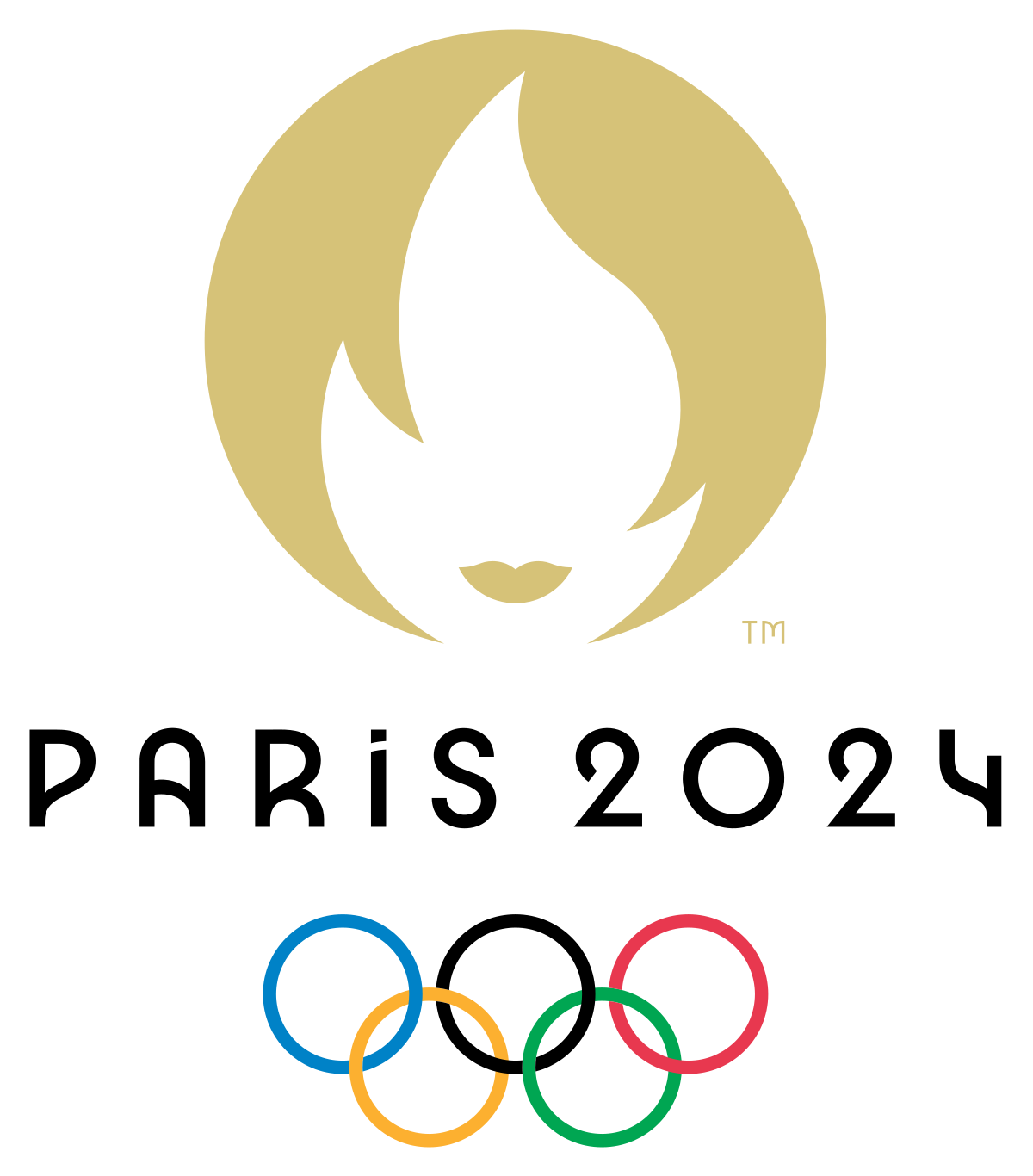 2024 Summer Olympics
2024 Summer Olympics
 2028 Summer Olympics
2028 Summer Olympics
 2018 Winter Olympics
2018 Winter Olympics
 2022 Winter Olympics
2022 Winter Olympics
 2026 Winter Olympics
2026 Winter Olympics
 Switzerland
Switzerland
 Lausanne
Lausanne

 Important International Organizations
Important International Organizations
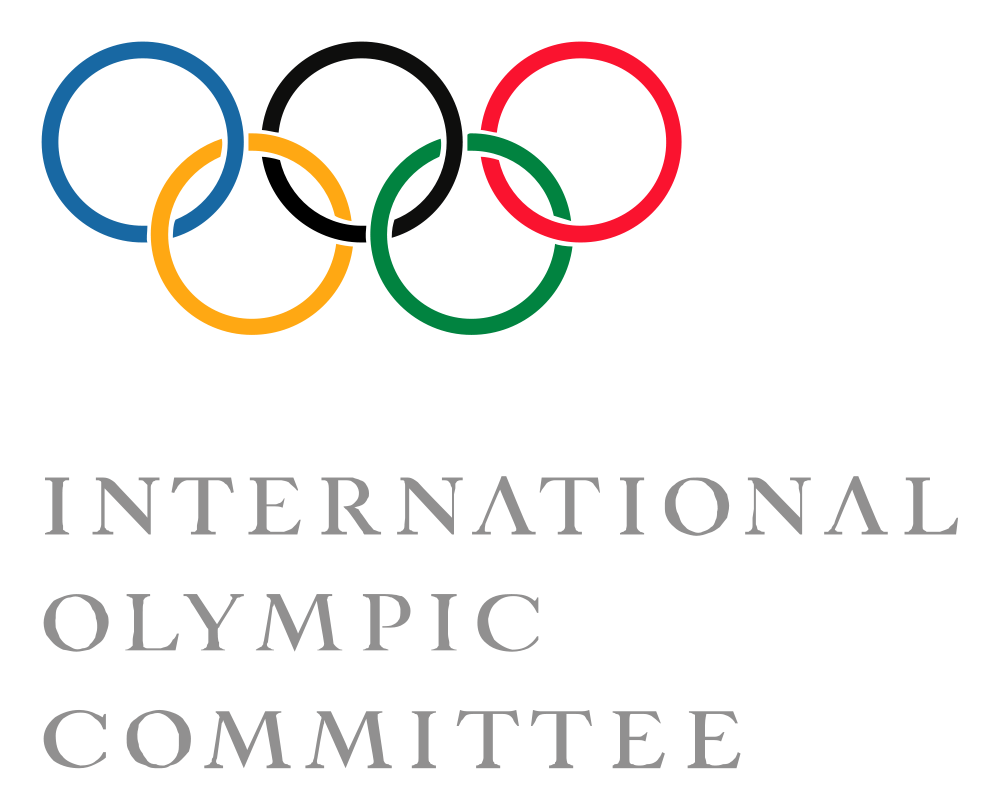
国际奥委会总部设在瑞士洛桑 国际奥林匹克委员会于1894年6月23日 成立,共有49个体育组织和12个国家的79名代表参 加在巴黎举行的成立大会。国际奥委会总部设在瑞士洛桑。 国际奥委会是一个非政府性、非盈利性和永久性的国 际体育组织。它是领导奥林匹克运动和决定有关奥林匹克 运动问题的最高权力机关。 国际奥委会与其成员国或地区,以及国际单项体育组 织相互承认。 国际奥委会宗旨是:鼓励组织和发展体育运动和体育 竞赛;在奥林匹克思想指导下,鼓舞和领导体育运动,从 而促进和加强各国运动员之间的友谊;保证按期举办奥运 会。 国际奥委会对每4年举办一次的奥运会拥有一切权力。 从1924年开始又单独举行冬季奥运会,也是4年 一次。 国际奥委会是依照奥林匹克宪章领导奥林匹克运动的。 宪章包括73项规则及其实施细目。国际奥委会是奥运会 及其五环会徽的专管机构。 国际奥委会全体会议的任务之一,是选定每届奥运会 的主办城市。根据国际奥委会的规定,主席不参加申办奥 运会的投票。 由奥委会全体会议选出国际奥委会主席,任期8年。 主席任期的延长期限只有4年。全体会议还要选出任期4 年的4名副主席和6名委员,由他们与主席一起组成执行 委员会。 法语和英语是国际奥委会的两种官方工作语言,它还 有另外四种工作语言:德语、西班牙语、俄语和阿拉伯语。 国际奥委会委员是由奥委会全体会议选举产生的,委 员数目并不是固定的。 国际奥委会全体会议的职能就像议会一样,它每年举 行一次会议。国际奥委会委员是国际奥委会驻在委员所在 国的使节,而不是委员所在国驻国际奥委会的代表。一个 国家只能出一名奥委会委员,对于那些已组织过一次以上 奥运会(冬季奥运会或夏委奥运会)的国家则不在此列, 这样的国家可以出两名委员。 国际奥委会执行委员会每年至少开4次执委会议。 1993年奥委会共有委员91人,按洲际分布是: 欧洲38人,非洲16人、拉丁美洲16人、亚洲14人、 大洋洲4人、北美洲3人。 在奥委会委员中,除了那些在1966年以前自行选 出的委员,以及那些作为终身委员的人士之外,凡年龄到 了75岁的委员,就将成为名誉委员。截止1993年有 终身委员12位。 在国际奥委会代表大会期间和奥运会期间,均为"义 务工作者"的普通委员每人每天在洛桑可获得105美元 的津贴,在洛桑以外的地方为150美元1天。执委会成 员在职执委开会期间可获得1000美元。 1999年12月12日,国际奥委会在瑞士洛桑召 开了第110届全会。在会上国际奥委会采纳了" 2000年委员会"提出的50条改革措施,部分修改了 奥林匹克宪章,对国际奥委会的组成以及奥运会主办城市 的选择方式等作出了重大调整。 大会决定,国际奥委会委员人数增至115人,其中 最多可以包括15名运动员,15名国际单项运动联合会 的主席,15名国家或各大洲奥委会主席,其余还有70 名个人委员;国际奥委会的委员任期为8年,可以连任; 当选的新委员年龄最大不得超过70岁;国家奥委会主席 的任期最长不得超过12年;奥委会的执行委员会的人数 也将由11名增加到15名。会议还决定设立由国际单项 运动联合会、国际奥委会、运动员委员会等体育组织的代 表组成评价委员会,负责对奥运会申办城市的评估,同时 禁止国际奥委会委员访问申办城市。 成员国: 截止1998年12月,国际奥委会共拥有200个 成员国或地区。 1993年6月20日国际奥委会执委会决定暂时承 认马其顿为其成员。同年9月,巴勒斯坦被接受为临时委 员。 1993年9月,布隆迪、佛得角、科摩罗群岛、圣 多美和普林西比、多米尼加等被接纳为新成员。 1994年6月,瑙鲁加入国际奥委会。 1995年7月,柬埔寨、几内亚比绍加入国际奥委 会。 1998年12月,帕劳、厄立特里亚加入国际奥委 会。 出版物:《奥林匹克月刊》;《奥林匹克通讯》。
国际奥林匹克委员会(简称国际奥委会;法语:Comité international olympique,CIO;英语:International Olympic Committee,IOC)是一个非政府、非营利的国际体育组织,总部位于瑞士洛桑。由法国人皮埃尔·德·顾拜旦于1894年6月23日建立,首任主席是泽麦特里乌斯·维凯拉斯。目前有100个委员和32个荣誉委员。
国际奥委会组织举办奥林匹克运动会、青年奥林匹克运动会、冬季奥林匹克运动会、残疾人奥林匹克运动会。它组织的首届夏季奥运会于1896年于希腊雅典举行,首届冬奥会于1924年在法国霞慕尼举行,首届青奥会于2010年在新加坡举行。
国际奥委会依照《奥林匹克宪章》领导奥林匹克运动,为奥林匹克运动会及其五环会徽的专管机构,和领导奥林匹克运动和决定有关奥林匹克运动问题的最高权力机关;对每4年举办一次的奥运会拥有一切权力;它与其成员国或地区,以及国际单项体育组织相互承认。其第一负责人即国际奥林匹克委员会主席,由国际奥委会全体会议选出,另设副主席4人,委员6名;工作语言为法语和英语,另外还使用德语、西班牙语、俄语和阿拉伯语。国际奥委会为带有奥林匹克休战永久性质的联合国观察员
Das Internationale Olympische Komitee (kurz IOK; französisch Comité International Olympique, CIO; englisch International Olympic Committee, IOC; auch im Deutschen meist Verwendung der englischen Abkürzung IOC) ist eine nichtstaatliche Organisation in der Rechtsform eines Vereins mit Sitz im schweizerischen Lausanne. Zweck des Komitees, das aus bis zu 115 regulären Mitgliedern besteht, ist die Organisation und Betreuung der Olympischen Spiele der Neuzeit. Es hält die Schirmherrschaft über die Olympische Bewegung und beansprucht alle Rechte an den olympischen Symbolen, wie Fahne, Mottos und Hymne, sowie an den Spielen selbst. Seine Hauptverantwortung liegt in der Betreuung und Organisation der Sommer- und Winterspiele. Verkehrssprachen sind Französisch und Englisch.
国際オリンピック委員会(こくさいオリンピックいいんかい、仏: Comité international olympique、CIO、英: International Olympic Committee、IOC、以下IOCと記述)は、近代オリンピックを主催する団体であり、またオリンピックに参加する各種国際スポーツ統括団体を統括する組織である。本部はスイス・ローザンヌのオリンピックハウス。
2009年に国際連合総会オブザーバー資格を得たため、国際機関の一つと思われがちだが、非政府組織 (NGO)の非営利団体 (NPO)であり、その運営資金は、主に放映権料販売とスポンサーシップ収入による。
The International Olympic Committee (IOC; French: Comité international olympique, CIO) is a non-governmental sports organisation based in Lausanne, Switzerland. Founded by Pierre de Coubertin and Demetrios Vikelas in 1894, it is the authority responsible for organising the modern Summer and Winter Olympic Games.[2]
The IOC is the governing body of the National Olympic Committees (NOCs), which are the national constituents of the worldwide Olympic Movement. As of 2016, there are 206 NOCs officially recognised by the IOC. The current president of the IOC is Thomas Bach of Germany, who succeeded Jacques Rogge of Belgium in September 2013.[3]
Le Comité international olympique (CIO) est une organisation créée par Pierre de Coubertin en 18941, pour réinstaurer les Jeux olympiques antiques puis organiser cet événement sportif tous les quatre ans, puis en alternant tous les deux ans à partir de 1994, Jeux olympiques d'été et Jeux olympiques d'hiver.
Depuis 1981, c'est une organisation internationale non gouvernementale à but non lucratif dont le siège est à Lausanne selon la Charte olympique2. Cette association est dotée de la personnalité juridique à durée illimitée et son statut est reconnu par la Confédération suisse par arrêté du Conseil fédéral du 17 septembre 1981. Depuis le 10 septembre 2013 et pour une période de huit ans, le neuvième président du CIO est Thomas Bach.
Il Comitato Olimpico Internazionale, noto anche come CIO (dalle iniziali del nome originale francese: Comité International Olympique), è un'organizzazione non governativa creata da Pierre de Coubertin nel 1894 per far rinascere i Giochi olimpici della Grecia antica attraverso un evento sportivo quadriennale dove gli atleti di tutti i paesi potessero competere fra loro. Dal 2013 è presieduto dal tedesco Thomas Bach. È il massimo organismo sportivo mondiale.
El Comité Olímpico Internacional (COI; en francés, Comité international olympique, CIO; en inglés, International Olympic Committee, IOC)Nota 1 es un organismo encargado de promover el olimpismo en el mundo y coordinar las actividades del Movimiento Olímpico.4 Fue creado el 23 de junio de 1894 por el barón Pierre de Coubertin en París con el fin de revivir los Juegos Olímpicos Antiguos.
Está encargado de supervisar y administrar todo lo concerniente a los Juegos Olímpicos. Es dueño de todos los derechos asociados a los símbolos olímpicos: la bandera, el himno, el lema, el juramento y los juegos. Controla los derechos de transmisión de los juegos, la publicidad y demás actividades de acuerdo a la Carta Olímpica. Por otra parte, es el encargado de seleccionar las ciudades que serán sedes de los Juegos Olímpicos cada cuatro años.
Междунаро́дный олимпи́йский комите́т (сокр. МОК, фр. Comité international olympique, англ. International Olympic Committee) — международная организация, созданная для возрождения Олимпийских игр и пропаганды олимпийского движения. Штаб-квартира комитета находится в Лозанне (Швейцария).
МОК основан по инициативе барона Пьера де Кубертена 23 июня 1894 года в Париже с целью возрождения и организации Олимпийских игр[2]. Первым президентом МОК стал грек Деметриус Викелас[3].
Официальные языки — английский и французский. Девиз — «Быстрее, выше, сильнее» (лат. Citius, altius, fortius)[2]. Ежегодно 23 июня празднуется Международный Олимпийский день.
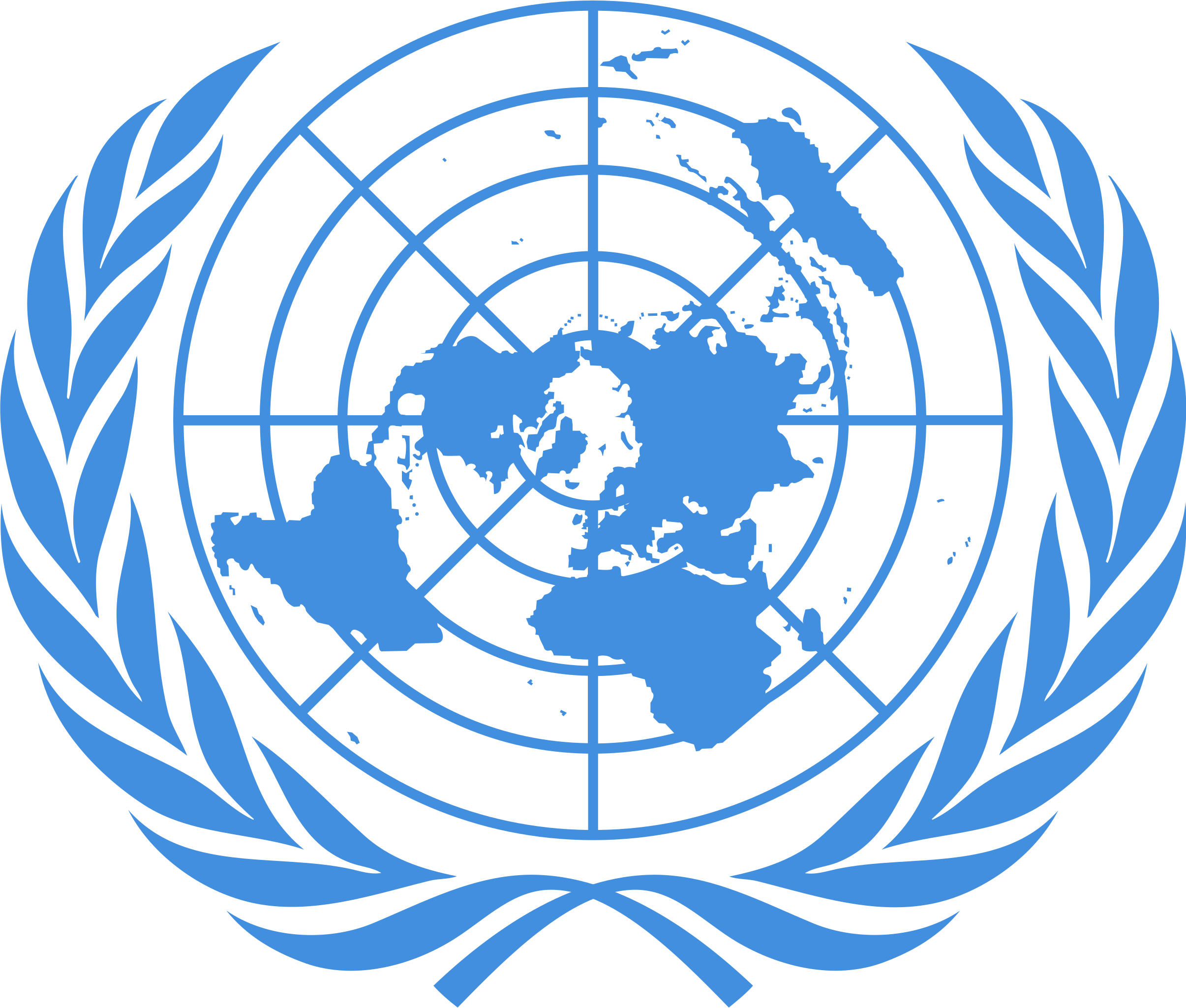 United Nations
United Nations

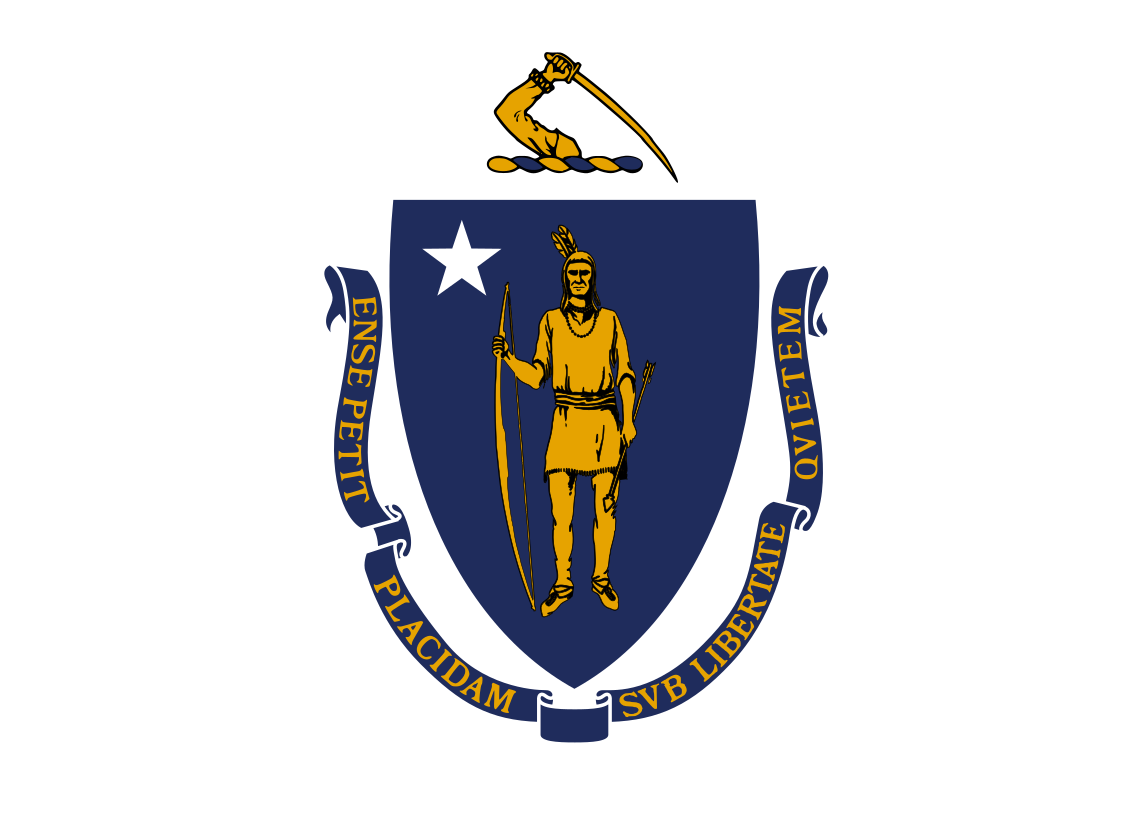 Massachusetts-MA
Massachusetts-MA
 Eat and Drink
Eat and Drink
 Ile-de-France
Ile-de-France
 Sport
Sport